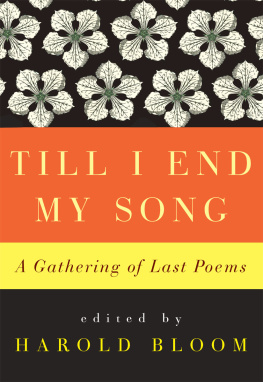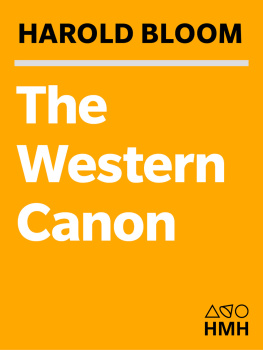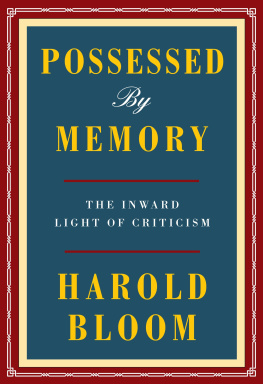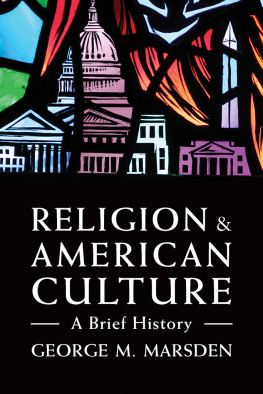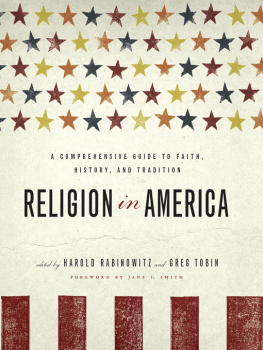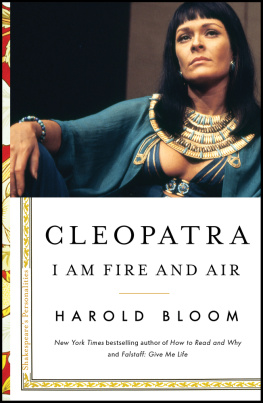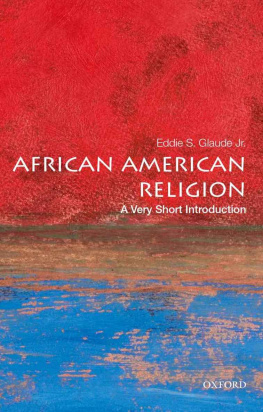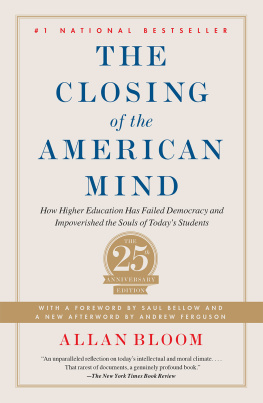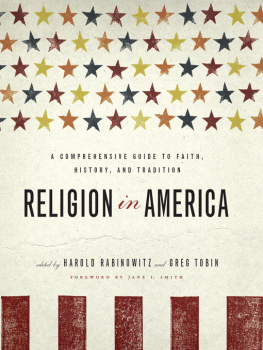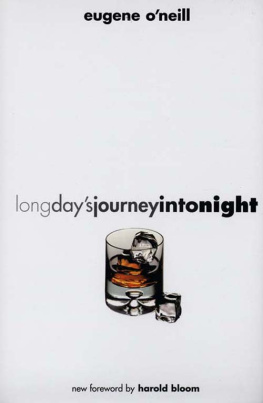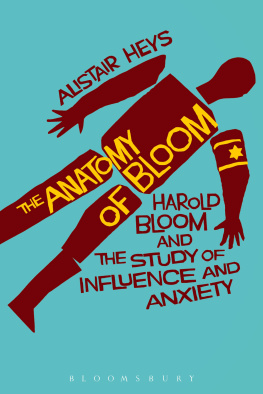Enthusiasm, Gnosticism, American Orphism
President George Bush, whatever other eminence awaits him, is already bound to be memorable as the American leader most deeply attached to linked emblems of our national religion: the flag and the fetus, our Cross and our Divine Child. The flag and the fetus together symbolize the American Religion, the partly concealed but scarcely repressed national faith. Defining religion is always difficult, particularly since civil belief and its pragmatic consequences are radically different when compared to historical and traditional creeds. Religion, in the ostensibly Protestant United States, is something subtly other than Christianity, though to say that we are a post-Christian country is misleading. Rather, we are post-Protestant, and we live a persuasive redefinition of Christianity. It is so persuasive that we refuse to admit that we have revised the traditional religion into a faith that better fits our national temperament, aspirations, and anxieties. A blend of ancient heresies and nineteenth-century stresses, the American Religion moves towards the twenty-first century with an unrestrained triumphalism, easily convertible into our political vagaries.
Somewhere George Santayana remarked that religion has to be as particular as language. You speak one language at a time, and you cannot practice religion in general. A living religion, he went on, had to be idiosyncratic; its power came from some precise swerve or bias. Except for the orange squash called the New Age, every religion discussed in this book is idiosyncratic almost beyond belief. I would not call all of them alive beyond belief, but they are (almost all of them) dangerously interesting, when compared to what now thrives as the mainline Protestant denominations in the United States. What is spiritually alive in the mainline groupings is rarely a restored intensity of historical and doctrinal Protestantism. More often, it is another outcropping of Enthusiasm or Gnosticism, another variety of the American Religion. For the impulses that created the Mormons or the authentic Southern Baptists or the crucial African-American beliefs are as central to us as is the American language itself. Our spirituality is another of our idioms. Creeds do not suit the American spirit. The freedom we go on associating with solitude and with wildness does not easily assimilate to the otherness of historical doctrines.
Since this is a study in religious criticism, I will center upon what I judge to be the two most American of our faiths, those of the Mormons and the Southern Baptist Convention. I approach both of these, in the pragmatic spirit of William James, as varieties of religious experience , and will emphasize equally questions of irreducible spirituality and of the temperament of the believer in her or his encounter with God. The Mormons rightly stress their indubitable status as an American original, with a precise genesis in the visions granted to their prophet, seer, and revelator, Joseph Smith. The Baptists, true to the American grain (as are the Mormons), trace their origin in a great American myth, the primitive Christian Church of ancient Israel. I follow religious historians in relocating Southern Baptist origins in early nineteenth-century America, but I break with those historians in finding the true and belated father of Southern Baptism to have been Edgar Young Mullins (1860-1928), who redefined the faith in his great manifesto of 1908, The Axioms of Religion . So far as I can tell, Mullins invented the term soul competency for the most crucial Baptist freedom, when he insisted that the doctrine of the souls competency in religion under God is the historical significance of the Baptists. Mullins prevailed in that judgment until the current takeover of the Southern Baptist Convention by Know-Nothings masking as Fundamentalists. Ironically, much of the Mullinseque or Moderate Southern Baptist heritage now so severely jeopardized by the supposed Fundamentalists may well have been of African-American Baptist origin, as I will show much later in this book. That makes it all the more appropriate that Texas Know-Nothings are destroying the Southern Baptist Convention, and so are obliterating the last organized stand of a religion of the Inner Light in the United States. The priesthood of the believer is being replaced by a hierarchy that will be at once more dogmatic and less intellectualized than the structure of authority in the Roman Catholic Church. A highly individualized, even eccentric religion of Enthusiastic experience will dwindle down into a vapidity.
The American Religion is, in many respects, a continuation into the nineteenth and twentieth centuries of what was termed Enthusiasm in Europe, particularly during the seventeenth and eighteenth centuries, when the term tended to be used in disapproval. In its literal sense, Enthusiasm suggests divine inspiration or even possession, but genteel Christians of the Enlightenment gave the term its figurative force of emotionalism and even fanaticism. I myself recognize now that the origin of this book on The American Religion goes back to my purchasing and reading Monsignor Ronald Knoxs Enthusiasm in 1960 (it was first published in 1950). Catholic chaplain at Oxford University from 1926 to 1939, the urbane Knox had translated the Bible into the prose of George Moore, but found his true achievement in his Enthusiasm: A Chapter in the History of Religion . Knoxs Enthusiasm , which I have just read again after thirty years, remains a superb study of heresies and revivalisms, narrated with a verve worthy of the books dedicatee, Evelyn Waugh, whose comic genius owed something to the gentler ironies of his spiritual mentor, Knox.
Enthusiasm s protagonists include the entire sequence of grand eccentrics from Montanus of Phrygia in the second century down through Anabaptists, Quakers, Jansenists, and Quietists on to John Wesley and his followers in the mid-eighteenth century. Of his Enthusiasts (whom he both adores and strenuously disapproves), Knox stresses that all of them were spiritual elitists, ultrasupernaturalists, for whom grace has destroyed nature, and replaced it, rather than corrected it. Therefore they lust for theocracy, or the rule of the Saints, and in the interim are given to revivalism and ecstasy while they wait for Jesus, whose Second Coming is all but hourly expected. The great time for Enthusiasm was the seventeenth century: George Fox and the Quakers, Pascal and the Catholic Jansenists in France, and the French Quietist mystics of the turn into the eighteen century, led by Madame Guyon and Fnelon. But none of these, not even Fox, were precursors of the American Religion. That distinction belongs rather to John Wesley, who received a supreme experience of conversion on May 24, 1738. Conversion is so much the fundamental experience of what will come to be the American Religion that a brief meditation upon its generic nature seems quite necessary at this point.
Conversion by A.D. Nock (1933) is the classical study of this peculiar subject; even though it confines itself to the period from Alexander the Great to Saint Augustine, it nevertheless provides unsurpassed insights into the psychology of religious conversion, insights professedly based upon William Jamess profound surmises. James emphasized that the sense of our present wrongness counted in consciousness far more than any ideal towards which the sinner could strive. Conversion therefore was always more a struggle away from than an onward drive. Nock gives as his formula: renunciation and a new start. But this is to underestimate Enthusiastic revival, which from early on became the American mode of conversion until it culminated at Cane Ridge, Kentucky, in a mode that is the subject of my next chapter. Knox attributes the religion of experience with its conversions that must be felt to Wesley, who was to that extent a precursor of the American Religion. I myself suspect that the paradigm came from the earliest black Baptists in America, but Knox is vivid in describing the Wesleyan innovation, which nevertheless he admits was not consistent, whether in the great founder of Methodism or in his followers:
Next page

